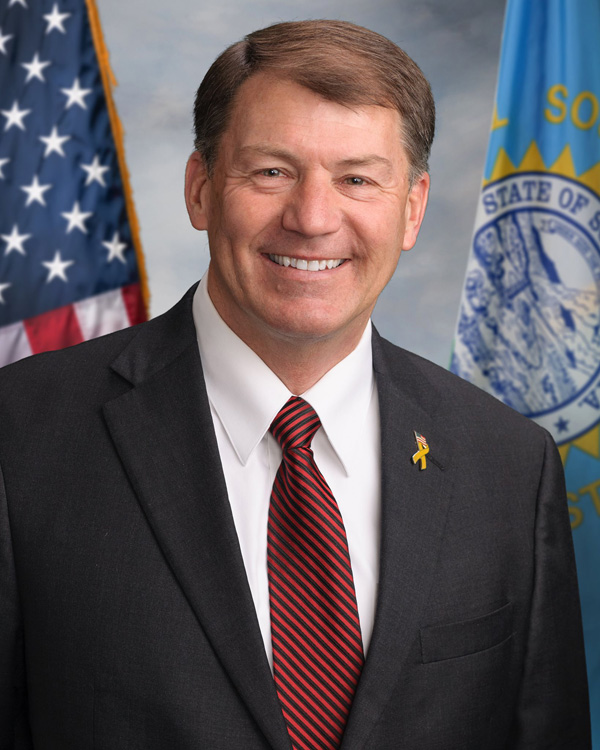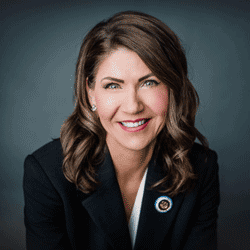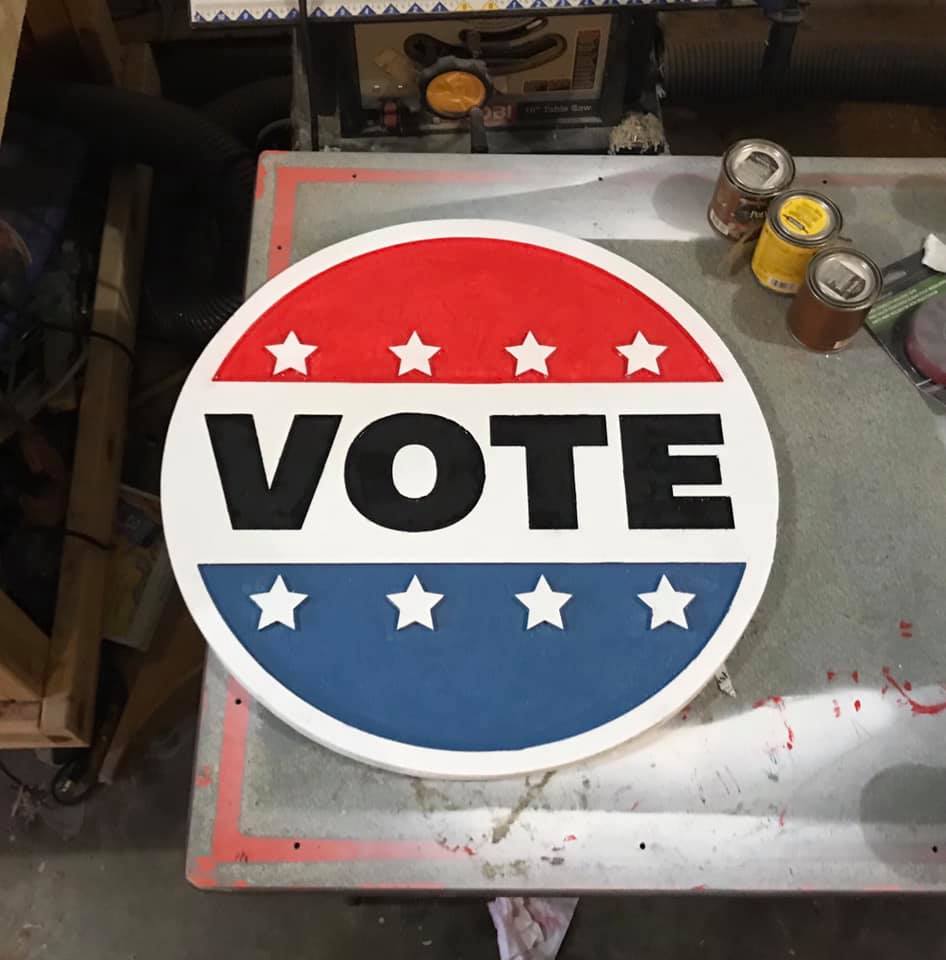I hadn’t read this story until it was pointed out to me in postscript of my earlier post, which casts the Haugaard “discussion notes” document in a new light, and heightens the interest of some gossipy things I’ve been hearing.
As I’d noted in an earlier post, there was a teleconference among House members – both Republican and Democrat – facilitated by Legislative Research Council staff at Speaker Haugaard’s request (despite there not being any public notice I can find of the meeting). This was followed by the Haugaard handout.
Steve Haugaard House Handout by Pat Powers on Scribd
And yesterday, an article came out in the Rapid City Journal about proposed “listening sessions” that Speaker Haugaard is assembling:
With talks between Republicans and Democrats stalled in Congress, Haugaard gathered the signatures of 45 lawmakers calling for a special session. To reconvene, the Legislature either needs the support of two-thirds of both the House and Senate or to be called into session by the governor.
Haugaard said he had not yet heard back from Noem’s office on a special session, but said there is “increasing momentum for that, certainly among the House members.”
He is also assembling listening sessions to hear from the public on how the money might be put to best use. Haugaard pointed out that businesses and individuals may be struggling in the coming months from the economic impacts of the pandemic.
and…
“We still have plenty of time,” Noem’s spokeswoman Maggie Seidel said, claiming that the “vast majority” of lawmakers don’t want a special session.
Read that all here.
About these “listening sessions”… there’s talk that they’ll be done under the umbrella of the legislature. Which could potentially mean that they’ll be arranged on the taxpayer’s dime.. as opposed to meetings that are held in communities during the legislative session (“cracker barrels,” which are sponsored locally, and aren’t taxpayer funded.)
While Haugaard notes 45 legislators who have supposedly signed on for a special session, that would leave 60 who haven’t. A far cry from the 2/3 of both the House and Senate that would have to agree to call everyone to Pierre.
These listening meetings seem to be an attempt at increasing justification for a special session to be pushed for. Because if they can’t convince legislators to call a special session now, they can hold meetings to push for it.
If you look at the document sent out, if it’s purely for discussion purposes, I can’t help but note some of the options that the Speaker is presenting in it:
Options:
1)Inventive solutions for all affected areas.
2)Modify / suspend burdensome rules or regulations.
3)Grants or loans.
4)Suspend some taxes.
5)Invite banks to forgive business loan interest with state match / grant / loans.
6)Liability protections.
If those are the options, what exactly on that list from 2-6 can be accomplished without a special session.. especially if they want to do it under the current budget year?
What’s driving the push by the Speaker for a special session? Here’s where we get into a little speculation and a little rumor.
The first is that now-speaker and State Rep. Haugaard is out of a speaker job after this year, and his name is being bandied about as being one of those in competition to run for House Majority Leader, a position which is vacant with Lee Qualm’s departure from the House.
Leading a push for a special session would give him a heightened platform before the caucus meetings where they’d elect those positions, coming about the time of the Governor’s budget address.
Let’s also not forget there’s also been a bit of conflict in the past between Haugaard and Governor Noem:
(I do believe he wrote the check, BTW)
So, there’s a been some history of disagreement between the big office on the second floor, and the eastern end of the third floor, and there’s talk that this might be an attempt by the speaker to heighten his profile a state level. I’ve even heard some go as far as to say the Speaker may covet Governor Noem’s office… but in light of Kristi’s popularity among Republican faithful, I can’t take any such rumors seriously.
The Executive Board is scheduled to meet on August 31st, but no agenda has been posted yet. When they get around to it, I’ll be curious to see if discussion on these listening meetings is on the agenda, and the action they end up taking on them.
I might also mention that people will be starting to vote in mid-September.
Will there be a push for a Special Session to be conducted while the election is underway? Or will the Exec Board decide to stay the course, save the money they’d spend on a special session, and figure it out in January?








